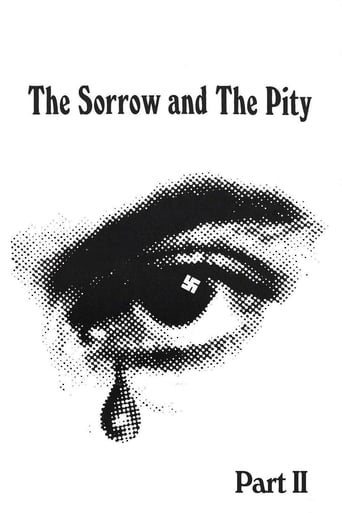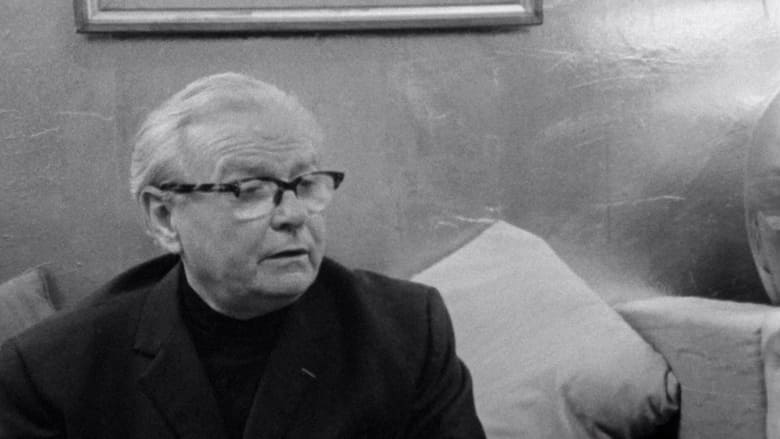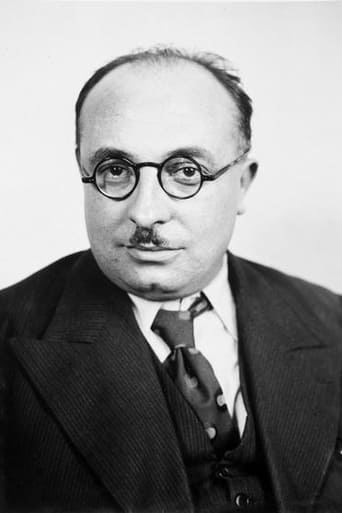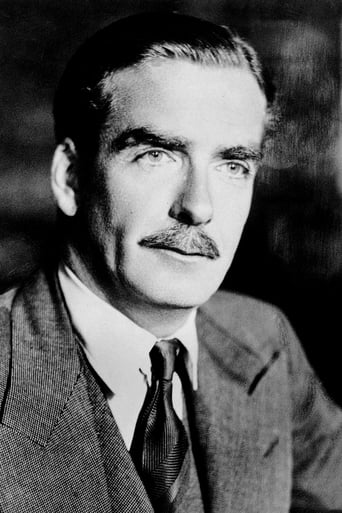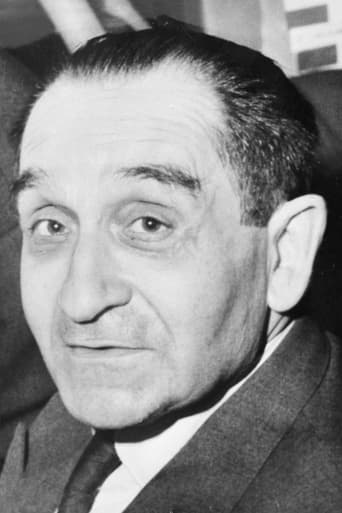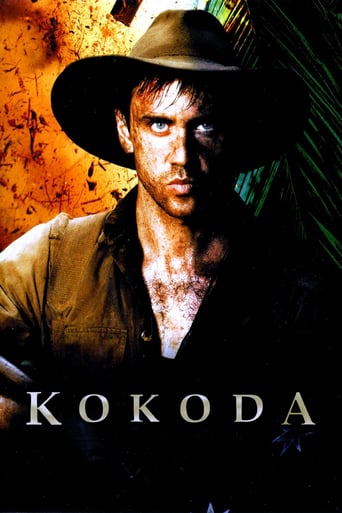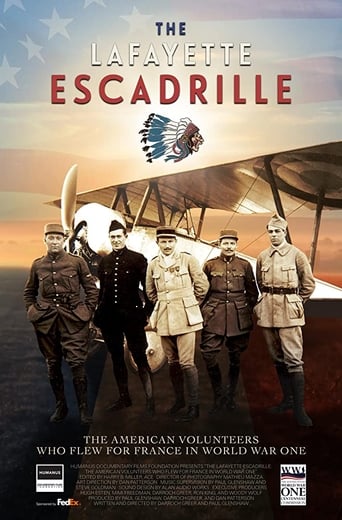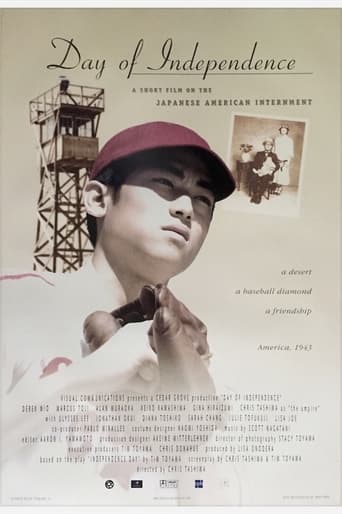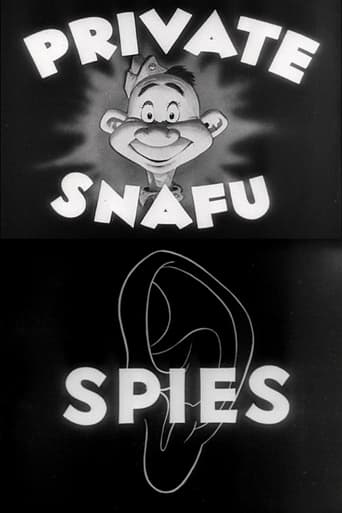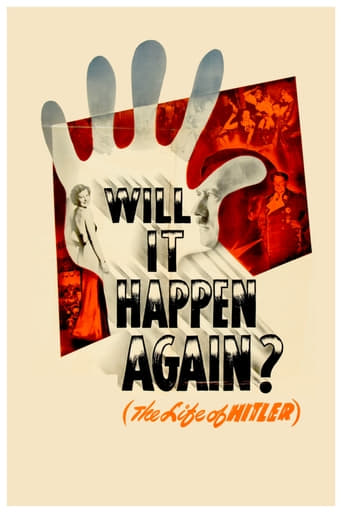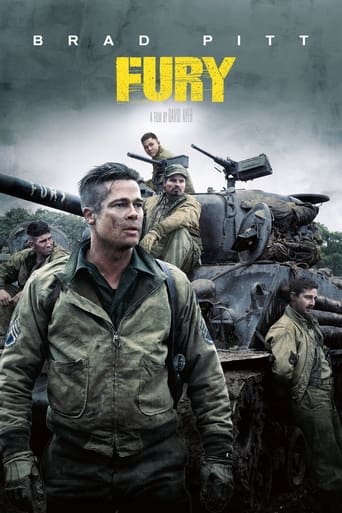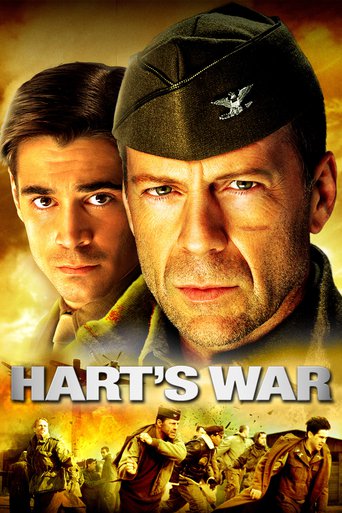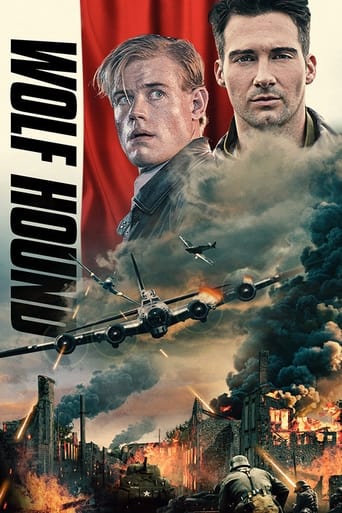The Sorrow and the Pity (1971)
An investigation into the nature, details and reasons for the collaboration between France’s Vichy government and Nazi Germany from 1940 to 1944.
Watch Trailer
Cast


Similar titles
Reviews
This movie is the proof that the world is becoming a sick and dumb place
It isn't all that great, actually. Really cheesy and very predicable of how certain scenes are gonna turn play out. However, I guess that's the charm of it all, because I would consider this one of my guilty pleasures.
A terrific literary drama and character piece that shows how the process of creating art can be seen differently by those doing it and those looking at it from the outside.
Great movie. Not sure what people expected but I found it highly entertaining.
As with many films that feature in it, I probably would never have known about or seen this French film if it did not feature in the book 1001 Movies You Must See Before You Die, and that is the only reason I probably would watch it. Basically this documentary focuses on the German Nazi invasion of France during the Second World War, 1940 to 1944, due to the French Vichy government collaborating. Throughout the film director Marcel Ophüls interviews the politicians involved with the situation, the former resistance fighters, the former German Nazis who were involved, the religious types and other people affected by the invasion. The film is split into two parts, both two hours, "The Collapse" and "The Choice", including many stock footage moments made during the time, and it concludes with the important interview with France's Prime Minister. I will admit that I did not understand all of what was being talked about during the interviews, and I did doze off a little bit in certain parts that were a bit boring, but the stock footage stuff is interesting enough, and the opinions of what was happening was alright, so overall it is a worthwhile political documentary. It was nominated the Oscar for Best Documentary, Features for Ophüls, and it won the BAFTA for Best Foreign TV Programme. Very good!
This, of course, is the documentary film that Woody Allen's character goes to time after time in Annie Hall. It chronicles the German occupation of France during World War II. It creates a patchwork of people who were affected on all sides by the presence of the Nazi's on the streets. What is remarkable is how simply some of them lived and how "congenially" many absorbed the invaders. It isn't an expose but rather a slice of life about a country that quickly buckled under to oppression. Of course, the overtones present tell the story of all the evil that was going on but because it was covered so well, it went unnoticed. The Holocaust was going on, but the anti-Semitism was so rampant, many of the French people just said c'est la vie. We get to know common people, people in the resistance, politicians, former Nazis and a host of others. What could be dull and tedious, is four hours of absolutely amazing storytelling. While no-one is shouting or emoting, the story gets told beautifully. It would be easy to be incredibly angry with the French while their British and American counterparts were dying, but it is so matter of fact and so human, I didn't get there.
A masterpiece in the genre of the documentary. This is a long movie. You've got to have time on your hands, and a little bit of patience to allow Ophüls to unravel all the strands of the French attitude under German occupation. But the journey is worth every minute of your time. Focusing on the town of Clermont-Ferrand, Ophüls tries to understand what it was to live with German soldiers in your town, an optimistic and collaborating government, an exiled general urging you to resist and underground organizations who used terrorism as their only weapon. Ophüls does not multiply the number of interviewees. He chooses about 15 of them and interviews them long enough that you understand their comments within the context of their personality and outlook. But the most surprising is the variety among the interviewees: a very courageous farmer, a reckless British spy, a British minister, a self-sufficient German general, a doubting German soldier, a chauvinistic bourgeois, a young nobleman attracted by the Nazi theories, a young disillusioned nobleman-philosopher ready to sacrifice his life, a clear-sighted Jewish government representative, a naïve woman, a Communist, a nationalist. You'll be surprised to find out who is the most perceptive of the bunch
I just saw this film on TCM and was pretty impressed. I've been a big fan of The History Channel (which could be called the World War II channel) for about fifteen years, which has given me a great deal of information about WWII that I did not get in school. But this movie went to depths I'd not seen before on how the French behaved in the war.It's commonplace nowadays to hear about how the French hate us (Americans) or how France is filled with "cheese-eating surrender monkeys." But I was really unprepared to learn just how badly France caved in to the Germans. A great deal of the country turned into German collaborators, and worse. The French anti-Semitism almost outdid the Germans.It's interesting to note that no French companies would finance this film. The filmmaker had to go to Switzerland, and, ironically, Germany to get funding. It's easy to see why when you watch this film. I don't know how well this film was accepted in France, but I can imagine there are many French folks who would just like to forget that whole portion of their history. Amazingly, to me, the same people that caved so quickly, then became fervent nationalists upon liberation and started publicly hacking off the hair of French women who dated Germans and put collaborators on trial with gusto. Damned if I can figure their actions out. Then again, I've never had a Nazi tank in my front yard.This movie is not for every taste. I myself am not a fan of films that require subtitles, although The History Channel has broken me down in that area when it comes to documentaries. At four hours long, I taped it and watched it in two chunks. It was very interesting to get an inside look at what happened from a diverse group of people that lived it. That included the resistance. (Yes, there were some that stood strong against their enemies.)For anyone that would like an insider's view of that portion of French history, this movie is a must see.

